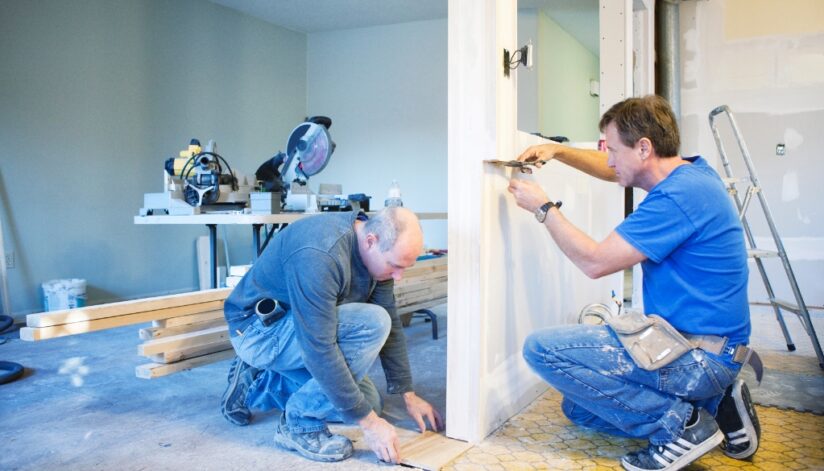Tips For Legally Sound Home Renovations
With the arrival of warmer weather, many homeowners in La Crosse are planning to embark on home renovation projects. While the prospect of transforming your home is exciting, it’s crucial to approach these projects with a thorough understanding of the legal landscape. Ensuring your home renovations are legally sound can save you from potential legal headaches and financial losses down the line. Let Bosshard Parke help guide you through the legalities involved in home renovations, from hiring contractors to securing the necessary permits. Here are essential tips to ensure your project goes smoothly and legally.
1. Understand Permit Requirements
Before you begin any significant renovations, it’s crucial to understand the local zoning laws and building codes that apply to your project. Most structural changes, electrical upgrades, and major installations will require permits from your local building authority.
- Research Local Regulations: Check with your local building inspector or zoning office to find out what permits you need. Requirements can vary significantly depending on your location.
- Why Permits Matter: Securing the right permits ensures that your renovations comply with local safety standards and building codes. This not only protects you and future occupants but also helps avoid legal issues when you decide to sell your home.
2. Hiring Reputable Contractors
Choosing the right contractor is one of the most critical decisions in any home renovation project. A reputable contractor will ensure that the work is completed to a high standard, on budget, and within legal guidelines.
- Verify Licensing and Insurance: Ensure that any contractor you hire is licensed to work in your area and carries the necessary insurance and bonding. This protects you in case of injuries or damage during the renovation process.
- Check References and Past Work: Ask for references and examples of previous work. Reputable contractors should be willing to provide this information, giving you insight into their work quality and reliability.
3. Drafting A Solid Contract
A well-drafted contract is your best protection against potential disputes and legal issues. The contract with your contractor should clearly outline the scope of the project, payment terms, timelines, and the materials used.
- Include Detailed Specifications: Be as specific as possible about every aspect of the project, from the types of materials to the expected quality and finish.
- Set Clear Payment Terms: Define a payment schedule that correlates with the completion of specific stages of the project. Avoid paying the total cost upfront.
- Clause for Changes: Include a procedure for handling any changes to the project scope, including adjustments to costs and timelines.
4. Managing Change Orders
Change orders are common in renovation projects, reflecting changes to the original plan whether due to unforeseen problems or homeowner requests.
- Formalize Change Orders: All changes should be documented in writing and include details on additional costs and revised timelines. Both parties should agree to and sign any change order.
5. Regular Inspections
Throughout the renovation process, regular inspections by a qualified inspector are crucial. These inspections ensure that the work complies with the permit requirements and building codes.
- Hire Independent Inspectors: Consider hiring an independent inspector to examine the work at critical stages. They can catch issues that may not be apparent, ensuring everything is up to standard before moving on to the next phase of the project.
6. Addressing Disputes
Despite best efforts, disputes can arise. Having a strategy to manage these efficiently can save both time and money.
- Mediation and Arbitration: Include terms in your contract for mediation or arbitration to resolve disputes, which can be less adversarial and costly than going to court.
Conclusion
A legally sound home renovation requires careful planning, thorough documentation, and an understanding of local regulations. By taking these steps, homeowners can protect their investment and ensure that renovations enhance their property value without legal complications.
Should you encounter legal issues or need assistance drafting contracts, Bosshard Parke is here to help ensure that your renovation project is as stress-free as possible.
Disclaimer: This article is for informational purposes only and should not be considered legal advice. For personalized guidance on legal aspects of home renovations, please consult with a qualified attorney at Bosshard Parke.




